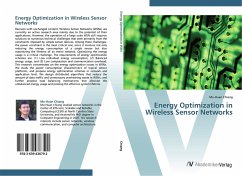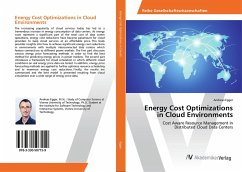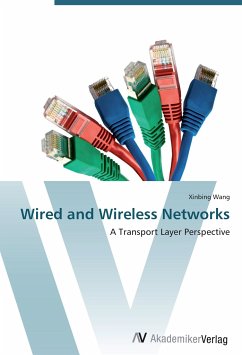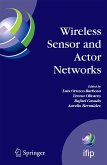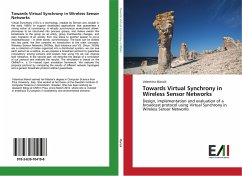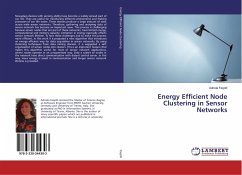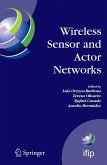Revision with unchanged content. Wireless Sensor Networks (WSNs) are currently an active research area mainly due to the potential of their applications. However, the operation of a large scale WSN still requires solutions to numerous technical challenges that stem primarily from the constraints imposed by simple sensor devices. Among these challenges, the power constraint is the most critical one, since it involves not only reducing the energy consumption of a single sensor but also maximizing the lifetime of an entire network. Optimizing the energy usage is a critical challenge. The requirements of energy optimization schemes are: (1) Low individual energy consumption, (2) Balanced energy usage, and (3) Low computation and communication overhead. This research concentrates on the energy optimization issues in WSNs. We study the power consumption characteristics of typical sensor platforms, and propose energy optimization schemes in network and application level. We design distributed algorithms that reduce the amount of data traffic and unnecessary overhearing waste in WSNs, and further propose load balancing mechanisms that alleviate the unbalanced energy usage and prolong the effective system lifetime.
Hinweis: Dieser Artikel kann nur an eine deutsche Lieferadresse ausgeliefert werden.
Hinweis: Dieser Artikel kann nur an eine deutsche Lieferadresse ausgeliefert werden.

